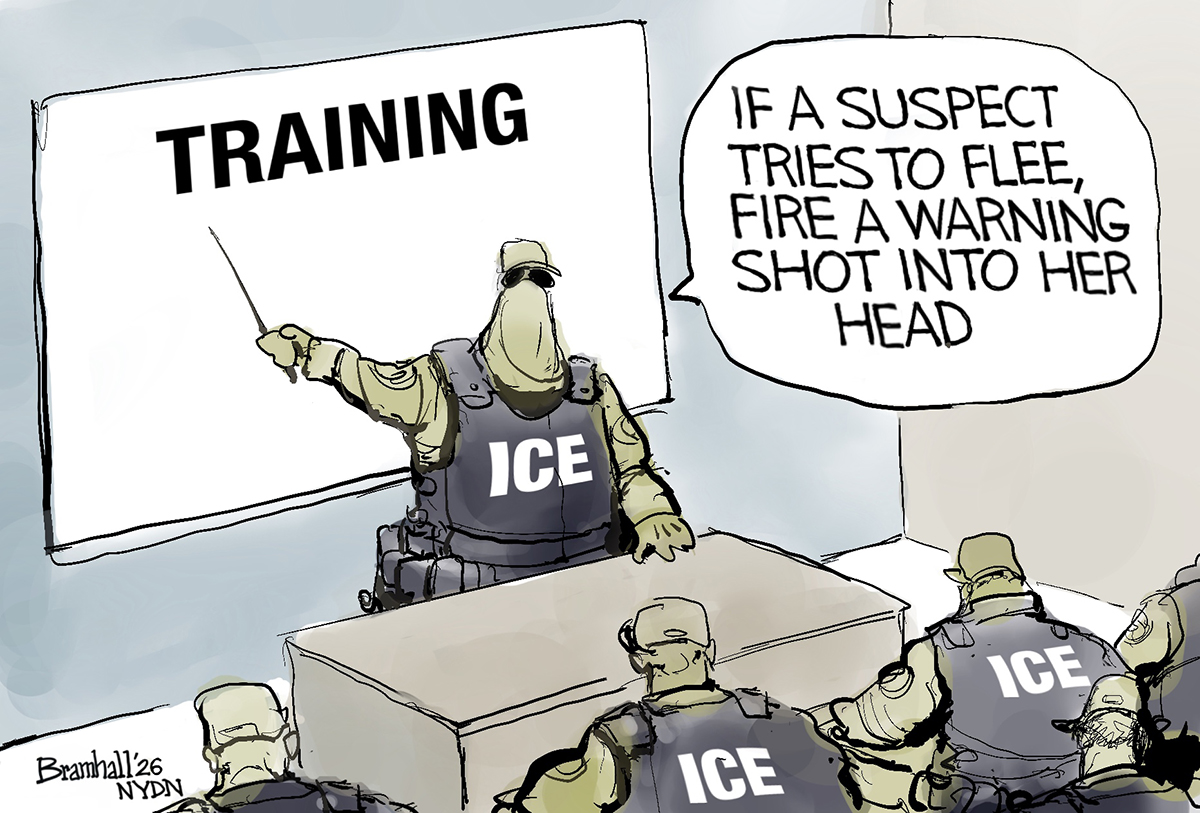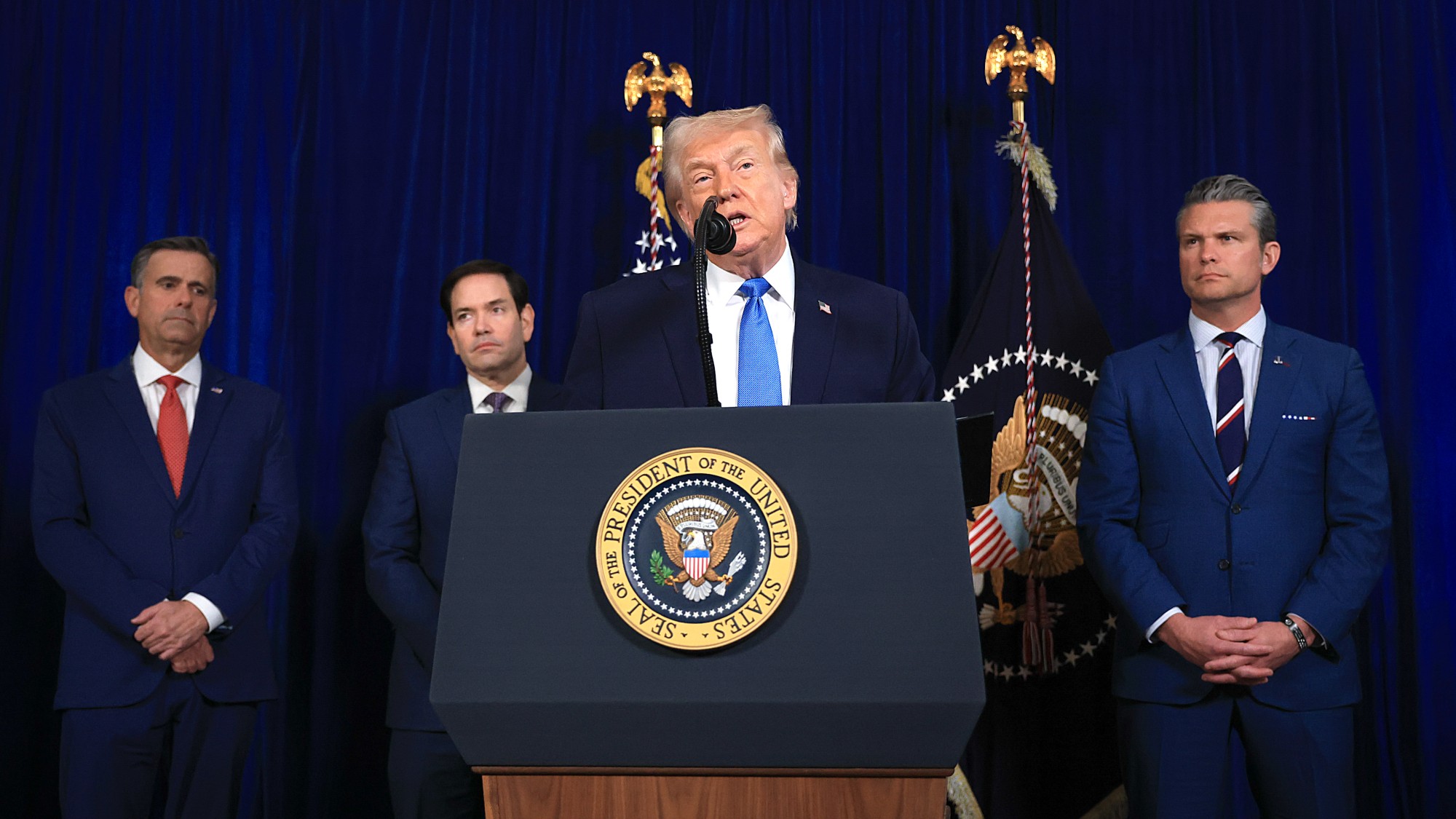What NATO can do about Russia
Is “no more business as usual” enough?
What happened
NATO foreign ministers held an emergency summit on the Russia-Georgia conflict, rebuking Russia for failing to withdraw from Georgian territory, as agreed, but pulling up short of punitive measures. Until Russia withdraws, “there can be no business as usual” between Moscow and NATO, said NATO Secretary General Jaap de Hoop Scheffer. (Chicago Tribune)
What the commentators said
The Week
Escape your echo chamber. Get the facts behind the news, plus analysis from multiple perspectives.

Sign up for The Week's Free Newsletters
From our morning news briefing to a weekly Good News Newsletter, get the best of The Week delivered directly to your inbox.
From our morning news briefing to a weekly Good News Newsletter, get the best of The Week delivered directly to your inbox.
NATO’s “demoralizing,” toothless declaration “must have the Kremlin shaking,” said The Wall Street Journal in an editorial. NATO is a military alliance, but it ruled out providing any military aid to battered Georgia, or even severing cooperative programs with Russia. “The Russians may be bullies, but like all bullies they know weakness when they see it.”
“No one can pretend that weakness in a military alliance is a good thing,” said Britain’s The Independent in an editorial. But NATO was right to avoid provoking a stand-off with Russia. “There are times when inaction is preferable to overhasty and ill-considered reaction—and this is one of them.” The only place these mercurial “frozen conflicts” from Soviet times will be solved is in the political arena.
If the West wants to solve the complex conflicts in the Caucuses, said former Soviet President Mikhail Gorbachev in The New York Times, stop making “empty threats” to Russia, and keep countries like Georgia from using force to tackle their territorial disputes. “Russia did not want this crisis,” but the West should “expect the worst” if it re-arms Georgia and continues bossing Russia around.
Of course Russia wanted the conflict, said Simon Jenkins in Britain’s The Guardian, as a message to “Georgia and Ukraine that they must not play games with the West along Russia’s frontier.” But NATO has no "strategic need” to “proselytise for members” among former Soviet states, and it should stop. Why would they want to join, anyways? “NATO is useless,” at both peacekeeping and diplomacy.
A free daily email with the biggest news stories of the day – and the best features from TheWeek.com
Therein lies the “moral problem with all the pro-Georgia cheerleading,” said David Ignatius in The Washington Post. The U.S. learned, painfully, during the Cold War not to promise help to “small, embattled nations” that it wasn’t going to provide. That lesson’s relevant today, too. “The rhetoric of confrontation may make us feel good, but other people end up getting killed.”
-
 Political cartoons for January 10
Political cartoons for January 10Cartoons Saturday’s political cartoons include a warning shot, a shakedown, and more
-
 Courgette and leek ijeh (Arabic frittata) recipe
Courgette and leek ijeh (Arabic frittata) recipeThe Week Recommends Soft leeks, tender courgette, and fragrant spices make a crisp frittata
-
 Trump’s power grab: the start of a new world order?
Trump’s power grab: the start of a new world order?Talking Point Following the capture of Nicolás Maduro, the US president has shown that arguably power, not ‘international law’, is the ultimate guarantor of security